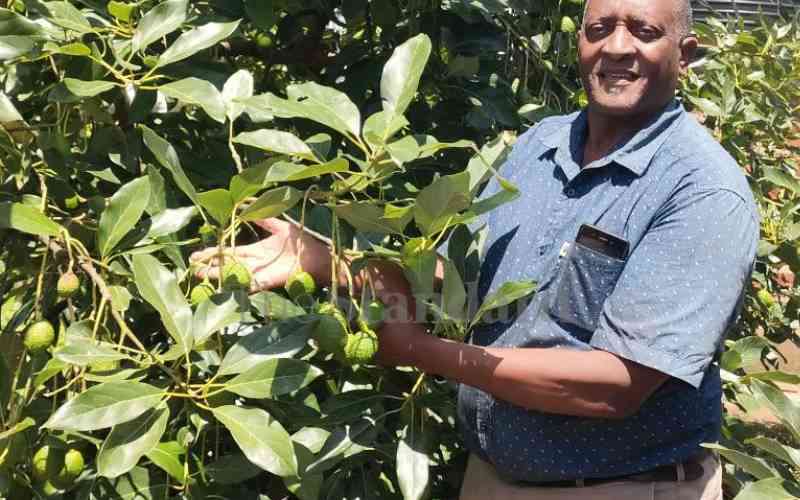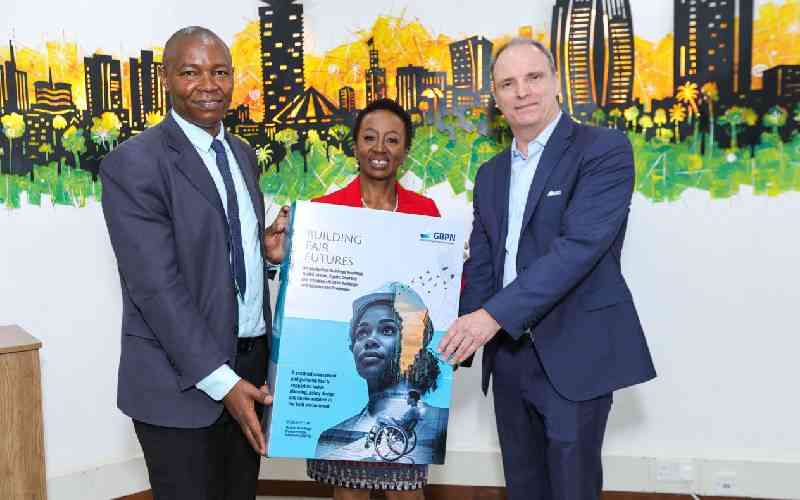×
The Standard e-Paper
Fearless, Trusted News

It is the dream of any entrepreneur involved in horticultural export to provide quality produce that leaves customers yearning for more.
It is a game Damaris Omuka, the farm manager at KTL Farming Ltd, has mastered over the years.






